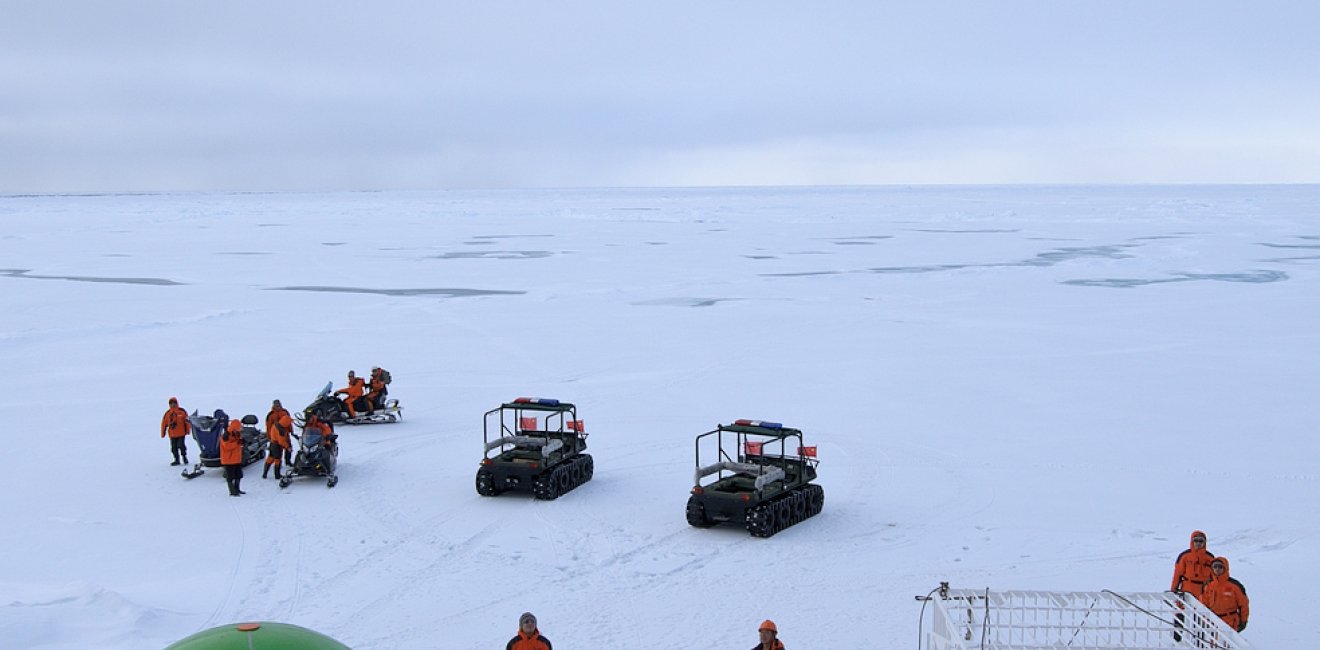China’s Antarctic program has captured international attention in recent weeks amid the dramatic rescue of the trapped Russian research vessel Akademik Shokalskiy. China's successful participation in the rescue, in which a Chinese icebreaker played a key role before itself getting trapped in Antarctic ice, made global headlines and brought a windfall of positive public relations for a country whose growing polar interests tend to arouse anxiety among traditional players in the Arctic and Antarctic.
Meanwhile, on Jan. 10, China quietly released the draft environmental assessment report of its planned fifth Antarctic research station to the other consultative states in the Antarctic Treaty, the international instrument governing Antarctic affairs. China’s new base would be located at Terra Nova Bay in the strategically important Ross Sea region, where the U.S., New Zealand, South Korea, Germany and France also have research stations. Since the new base will be a permanent station, it requires the approval of other Antarctic consultative states before it can be built.
The proposed new station, expected to be completed in 2016, will consolidate China's Antarctic interests and help make China a leading contender in polar affairs; less than 10 years ago the country was only a minor player in the polar regions. Although China's annual polar operation budget of around $60 million has in the past limited it to being only a medium polar power, China now has more money to spend on new infrastructure such as bases, planes and icebreakers than any other state. China's rapid polar expansion is part of its expanding maritime interests and reflects Beijing’s desire to be a maritime, and polar, great power with a voice in the formation of any future governance norms.
China already has three bases in Antarctica, and a fourth is under construction. In the Arctic, China has had a base at Ny Alesund on Svarlbard Island since 2004. Two months ago, with little fanfare, it established a new research station in northern Iceland.
China first announced it hoped to set up a fifth base in Antarctica in January 2013, after spending a mere eight days inspecting the area. By contrast, South Korea took more than five years to establish the location of the base it is now constructing in the same region, Terra Nova Bay. Qu Tanzhou, head of the Chinese Arctic and Antarctic Administration, said the new location had been chosen because in the future the Ross Sea area will be “one of the hottest locations in Antarctica,” while senior Chinese polar scientist Sun Bo stated that the new base would be located close to areas of "resource potential."
Read the rest of this article on World Politics Review.







